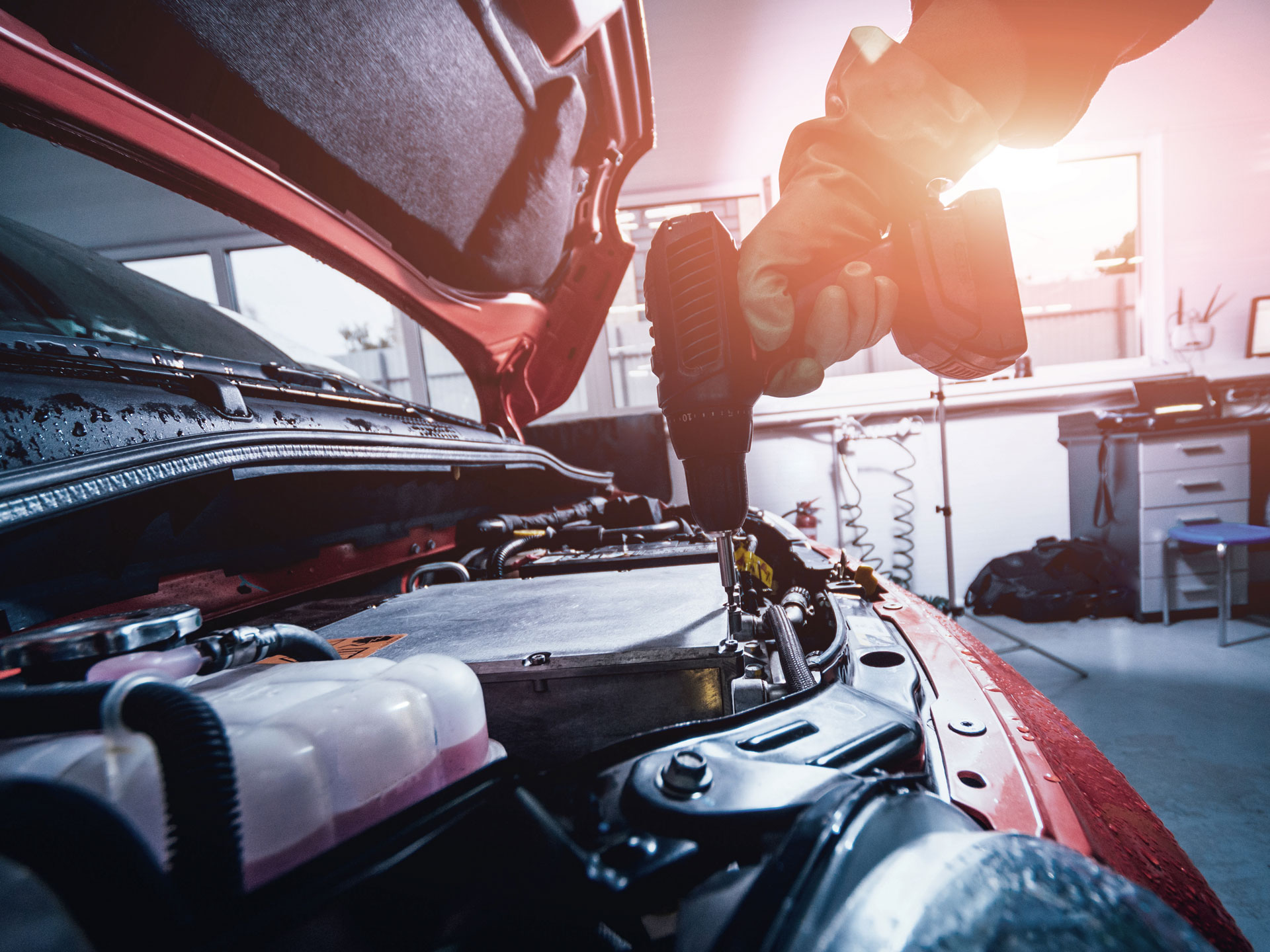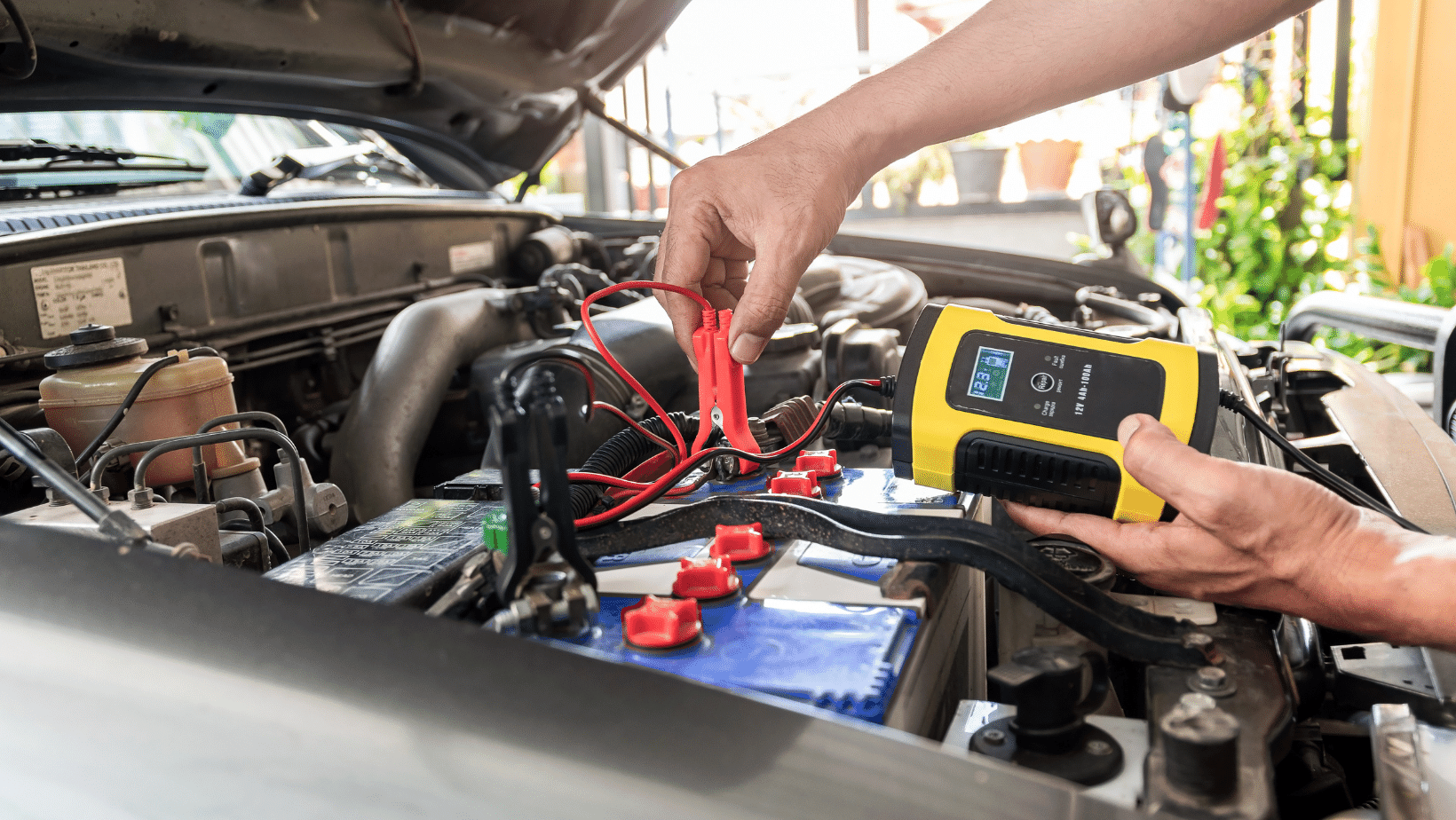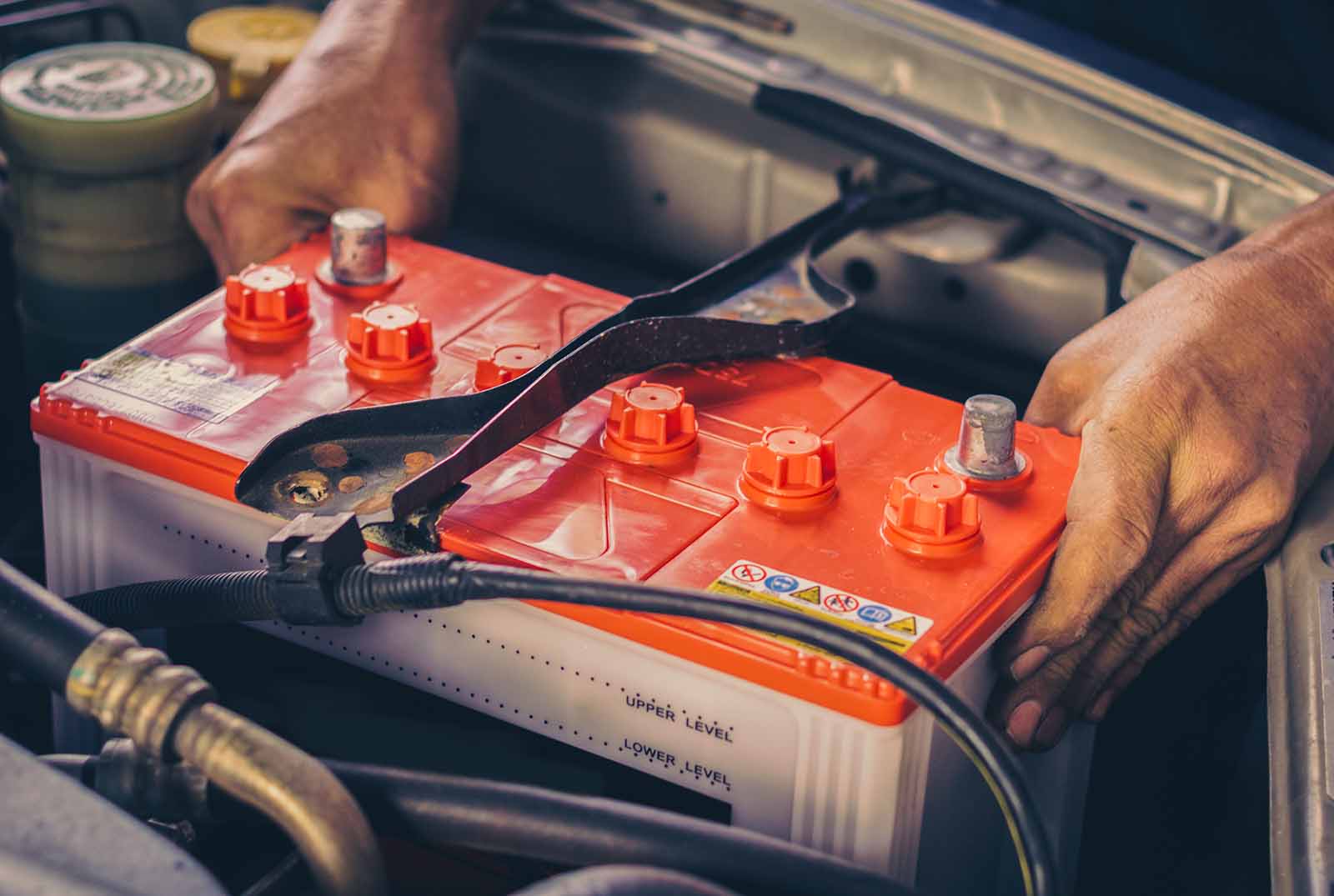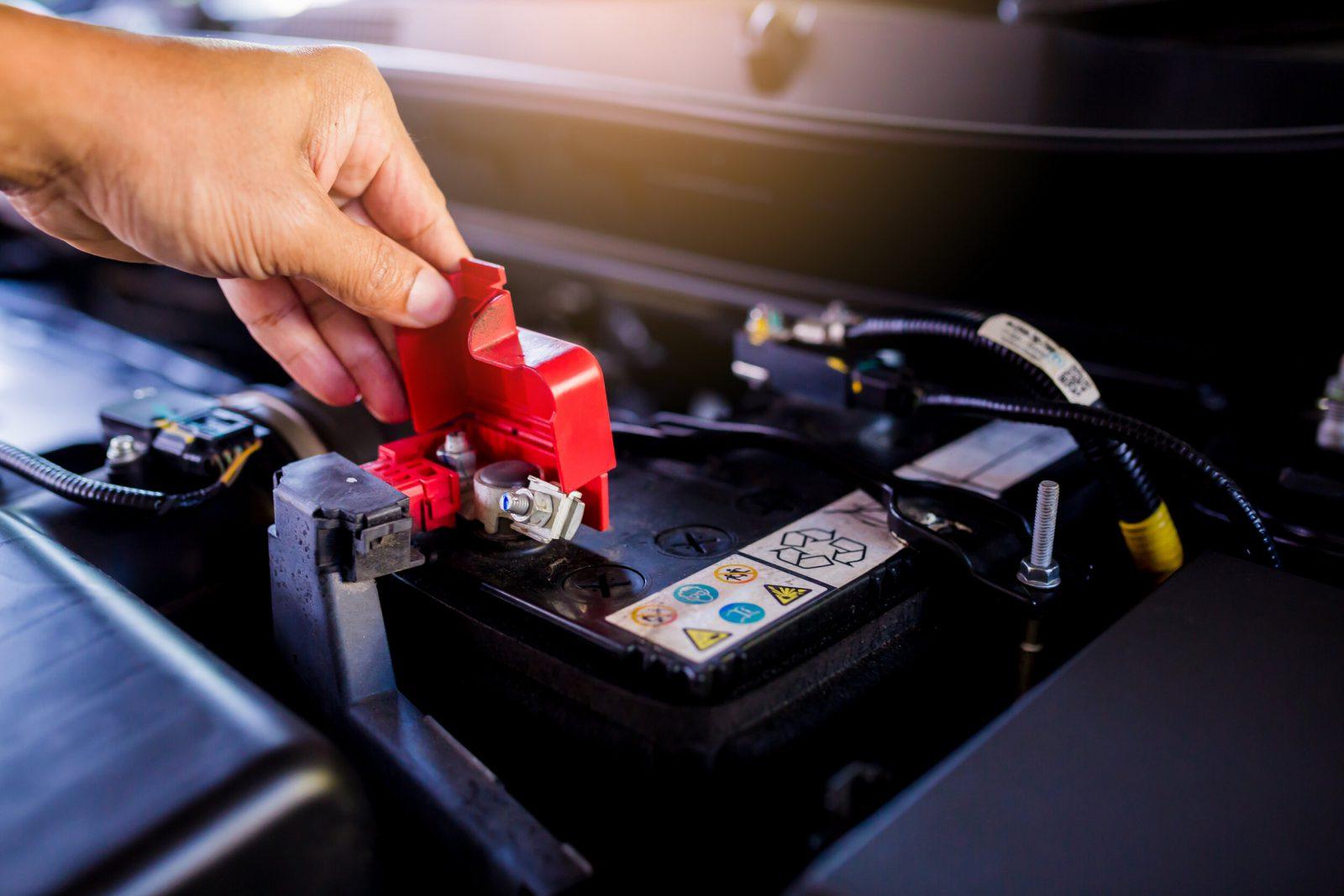f you expect your car battery to sit unused for more than a month, you should consider removing the battery and storing it away. This will help reduce wear on your battery and allow it to better hold its charge in the long run.
Now, there’s a lot more to storing your battery than just placing it on a shelf in your garage. Follow these steps for battery storage:
1. Make sure the battery is fully charged
Always store your battery at full charge. This will help prevent most damage and deterioration that can happen while in storage.
2. Look for possible damage
Batteries can sometimes crack or corrode with age, so inspect your battery for any sort of damage. It may need to be replaced if the damage is serious.
3. Clean up the battery
Corrosion and electrolyte buildups should be cleaned before the battery is put away. Grime such as this can interfere with the terminals, causing the battery to discharge faster.
The easiest way to clean a battery at home is by applying a mixture of baking soda and water and scrubbing with a wire brush. Once you’ve taken care of the deposits, wipe down the battery’s casing according to the manufacturer’s instructions.
4. Find the right storage location
While you should count on your battery discharging in some capacity while it’s in storage, you can take measures to limit the amount of power that is depleted. Outside of the length of time your battery is stored, the main factor that will impact your battery’s discharge rate is temperature.
Ideally, you want to keep a battery in a dry, well-ventilated area that remains between 40 and 60 degrees Fahrenheit. Avoid spots that could get too hot or cold, as it could make the battery discharge faster. In addition, keep away from places with excess humidity; this can cause the battery to corrode.
5. Recharge the battery regularly
Monitoring your battery while it’s in storage is crucial to maximizing its life. Make it a point to check in on your battery at least every 12 weeks (though the more frequent, the better). If possible, test the voltage with a voltmeter to gauge how much power your battery has left. When it’s at 70% charge or less, recharge it.




